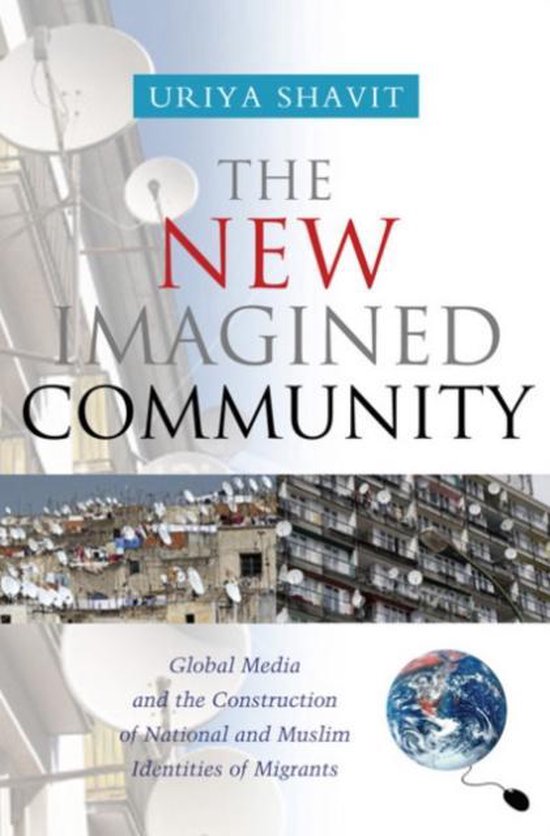
– and the old dynastic realm, which was both socially organized and imagined much differently from the contemporary nation-state. Previously dominant forms of collective imagining included the religious community – Christendom, the Umma, etc. And nationalism is best approached not by treating it as a political ideology like certain other ‘-isms’ such as liberalism or marxism, but as deeply intertwined with the nation as a social form – it’s an attachment to that form and to that way of imagining human collectivity. To say that nations are “imagined communities” gets at the idea that we will never meet the vast majority of people with whom we share that identification, and there are huge differences amongst us along any number of axes, yet we still manage to imagine ourselves as shared members of the same collective entity: the nation. Anderson’s tendency to make shorthand references to people and events that assume a familiarity with European history that most of us in North America lack, and his tendency to include quotations in languages other than English without providing translations, are occasional irritants, but the combination of lively writing and a grounded, innovative approach makes this book still worth reading three decades after its original publication. 490-504.A quirky book that takes as one of its starting points the historically lousy job that the liberal and marxist traditions had done of theorizing nationalism, Imagined Communities became a widely-read classic with the revival of scholarly and popular attention to the topic that occurred in the 1990s.

(2014), "Social media, online imagined communities and communication research", Library Review, Vol. KeywordsĪn earlier version of this paper was presented at the 3rd International Conference on Integrated Information, IC-ININFO, held in Prague, Czech Republic, from 5th to 9th September, 2013, Citation The connection of the online imagined community with social media for research has not been studied, and it would further enhance understanding from organisations or marketers. The applications of social media to research and the use by and for information professionals and marketers may in fact contribute to the management of an online community with people sharing similar ideas.



The theoretical contribution of this paper is the examination of the creation of belonging in an online community, which may offer data that can be further examined and has all the credentials to do so, towards the enhancement of online communication research.


 0 kommentar(er)
0 kommentar(er)
